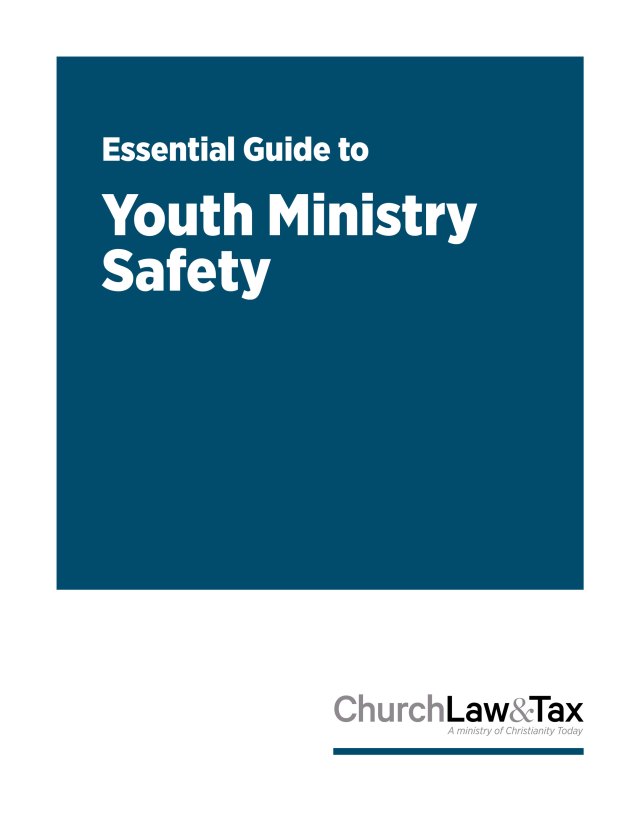• Key point 10-13.2.* Several courts have refused to hold churches and denominational agencies liable on the basis of a breach of a fiduciary duty for the sexual misconduct of a minister. In some cases, this result is based on First Amendment considerations.
• Key point 4-05.* Most courts have rejected clergy malpractice as a basis for liability in all cases. A few courts have found clergy guilty of malpractice for engaging in sexual misconduct with an adult or minor, or if they engage in “non-religious” counseling.
• Key point 4-11.1.* Clergy who engage in sexual contact with an adult or minor are subject to civil liability on the basis of several legal theories. They also are subject to criminal liability.
* The New York Court of Appeals (the highest state court) ruled that a church and denominational agency were not liable for the sexual misconduct of the church’s senior pastor. A husband and wife sued their pastor, church, and denomination for compensatory and punitive damages for pain and suffering and mental anguish allegedly suffered as a result of an adulterous relationship between the wife and pastor. The husband and wife had been seeking marital counseling from the pastor at the time of the affair. A trial court dismissed all the couple’s claims, and they appealed.
The court of appeals concluded that “the sexual relationship between the parties was consensual. Indeed [the woman] admitted that she initiated discussions with the pastor concerning her attraction to him. While she informed him that she preferred to terminate the ministerial counseling at that time, the record includes subsequent emails exchanged between the two expressing a shared affection and professing a growing love for one another. To be sure, after the affair was discovered, the woman took the initiative of forwarding these same emails to members of the congregation with the stated intention of demonstrating that the subject relationship was mutual.” Further, there was no evidence that the woman’s physical or emotional condition, or prescribed medications, impaired her ability to engage in a romantic relationship with the pastor or to consent to his physical contact. As a result, the court dismissed the woman’s claim of battery.
The court also dismissed the woman’s claim that the pastor’s acts amounted to a breach of a fiduciary duty. It observed that this claim was nothing more than a claim of clergy malpractice “which would improperly require courts to examine ecclesiastical doctrine in an effort to determine the standard of due care owed to parishioners undergoing ministerial counseling.” Wende C. v. United Methodist Church, 794 N.Y.S.2d 282 (N.Y. App. 2005).
*Cross-Reference Index
This issue of Church Law & Tax Report contains material illustrating and updating the numbered “key points” in Richard Hammar’s text, Pastor, Church & Law (3rd edition). So when you see “Key point 2-04.1” in this issue, it refers to key point 2-04.1 in Pastor, Church & Law.
Copyright © 1994 – 2006 Christianity Today International. All rights reserved. This publication is designed to provide accurate and authoritative information in regard to the subject matter covered. It is provided with the understanding that the publisher is not engaged in rendering legal, accounting, or other professional service. If legal advice or other expert assistance is required, the services of a competent professional person should be sought. Church Law & Tax Report, A publication of Christianity Today International, 465 Gundersen Drive, Carol Stream, IL 60188.




